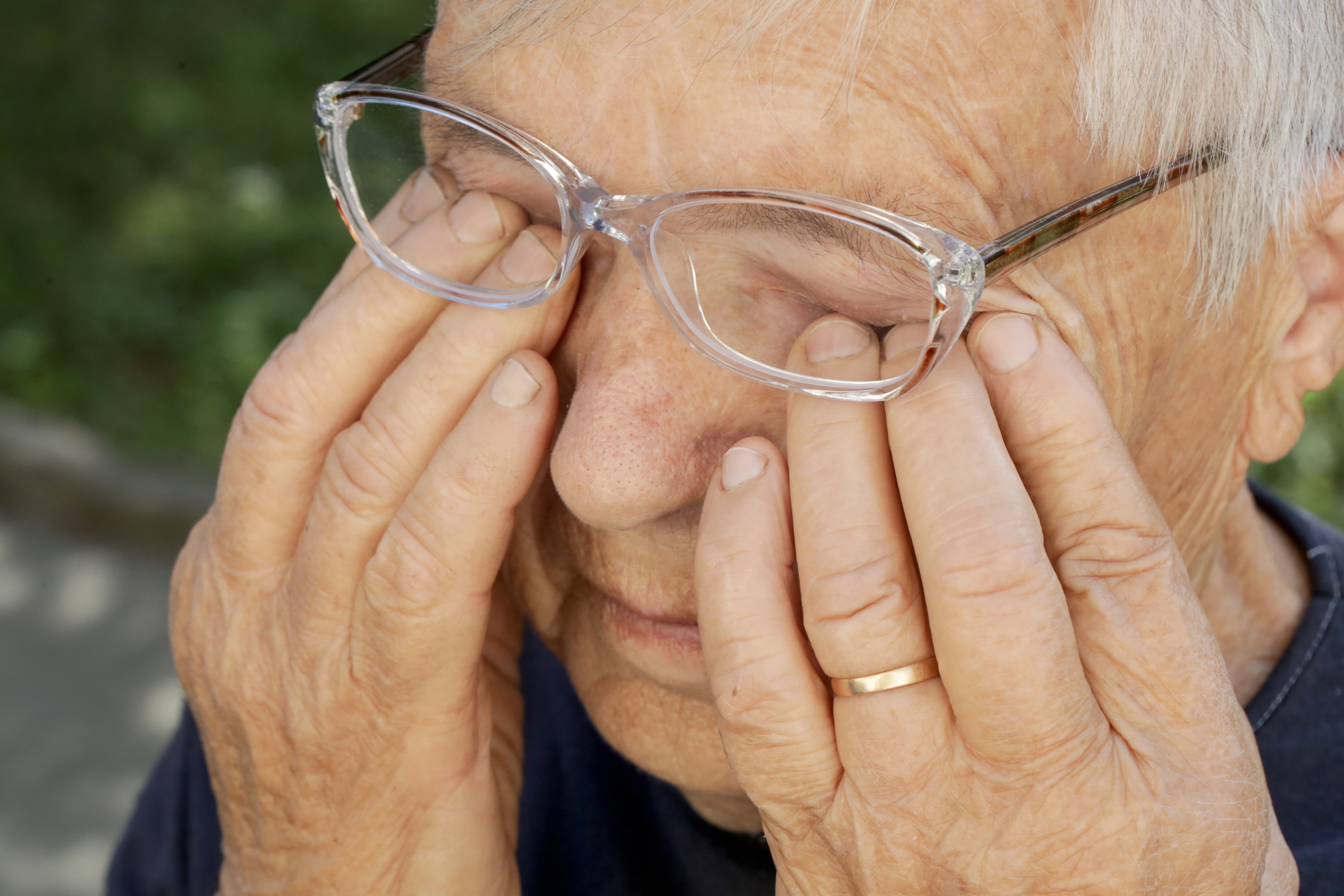
Cases of glaucoma are on the rise. Statistics show that it is the second leading cause of blindness worldwide. In America alone, about three million people suffer from this condition. Unfortunately, most people with the condition are unaware of it since there are no early symptoms.
Some only learn they have glaucoma after the disease has progressed. There is no cure yet for glaucoma. The good news is that glaucoma is manageable when detected at its early stages.
What Is Glaucoma?
Glaucoma is an eye disease that results from damage to the optic nerve of the eyes. The front part of the eye contains fluid. When there is too much fluid buildup, the pressure in the eye increases, causing damage to the optic nerve and affecting a person's vision. This disease does not display early symptoms.
However, most people with the disease notice they have glaucoma when they start to lose their peripheral vision. Without treatment, glaucoma can worsen and eventually cause irreversible blindness.
Who Is at Risk of Getting Glaucoma?
Everyone is at risk of getting glaucoma. However, some factors put some people at a higher risk of getting this eye disease than others. You can tell if you are in the high-risk group if:
You have diabetes
You are 60 years old and above
You come from a family with a history of glaucoma
Your eyes have high fluid pressure
You have a thinner cornea
You are an African American, Hispanic, or Latino
Glaucoma Symptoms
Common glaucoma symptoms include migraines or headaches, vomiting, nausea, seeing halos, severe pain in the eyes, and blurred vision. Each person may experience symptoms differently. The best way to know if you have glaucoma is to get a comprehensive eye exam at Coastal Vision Medical Group.
How to Manage and Treat Glaucoma
There are different types of treatments that can slow down the progression of glaucoma. Most treatments help lower the eye pressure to slow down the disease. There are three ways of treating and managing glaucoma: surgery, eye drops, and laser treatment. Eye doctors known as ophthalmologists are specialists in treating glaucoma.
Before treatment, a glaucoma patient must undergo some tests during a comprehensive dilated eye exam. An ophthalmologist administers a particular eye drop to dilate the pupils. The eye drops allow the eye specialist to check for fluid buildup and eye pressure. The eye exam includes a visual field test to check your peripheral vision.
If you have glaucoma, your treatment will depend on how far the disease has progressed. In some cases, an ophthalmologist may suggest combining more than one type of treatment to help manage a patient's condition.
Glaucoma is a silent thief of sight because there are no early signs of the disease. The best way to stay ahead of this disease is to get a comprehensive eye exam regularly to help with the early detection of glaucoma. Even if you have glaucoma, you can still get treatment to slow down its progression to prevent vision loss.
For more on how glaucoma harms vision, visit Coastal Vision Medical Group at our Chino, Irvine, Long Beach, or Orange, California office. Call (888) 501-4496 to schedule an appointment today.







